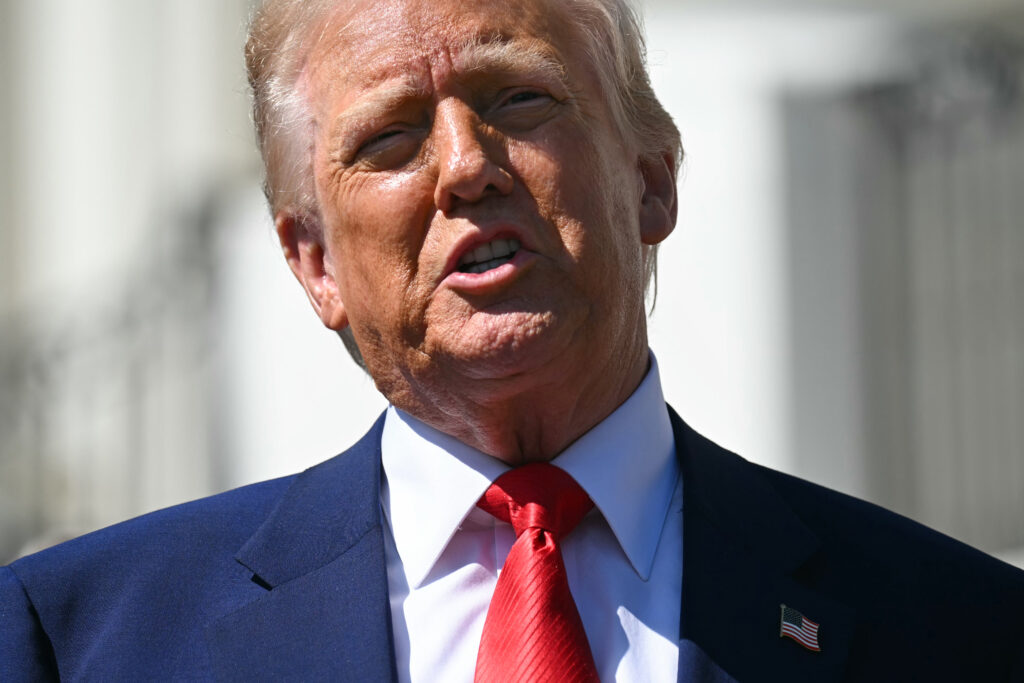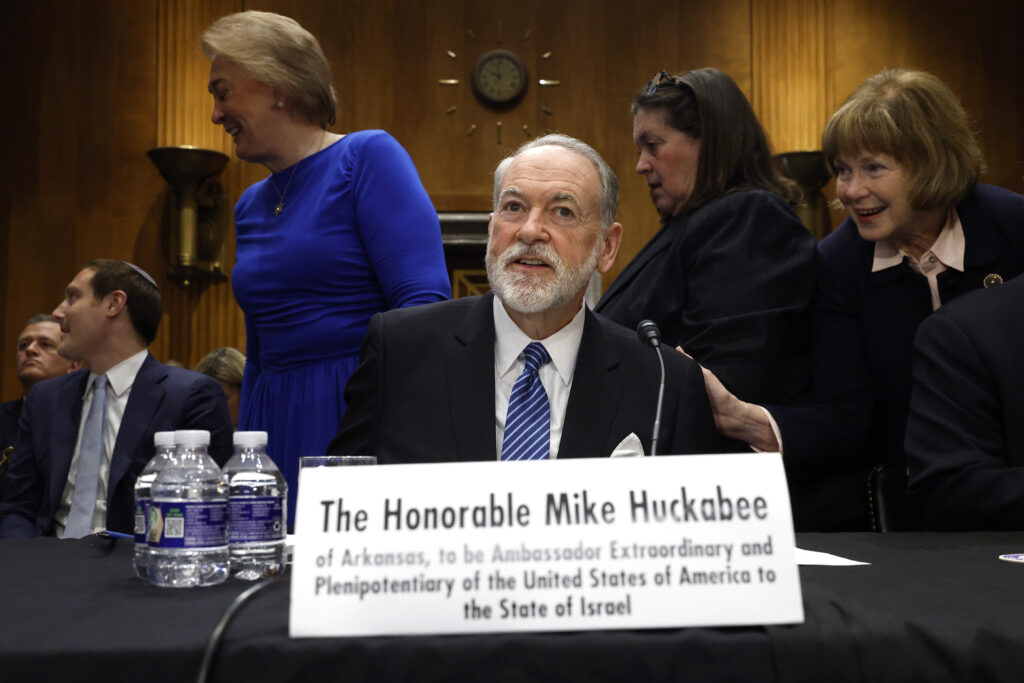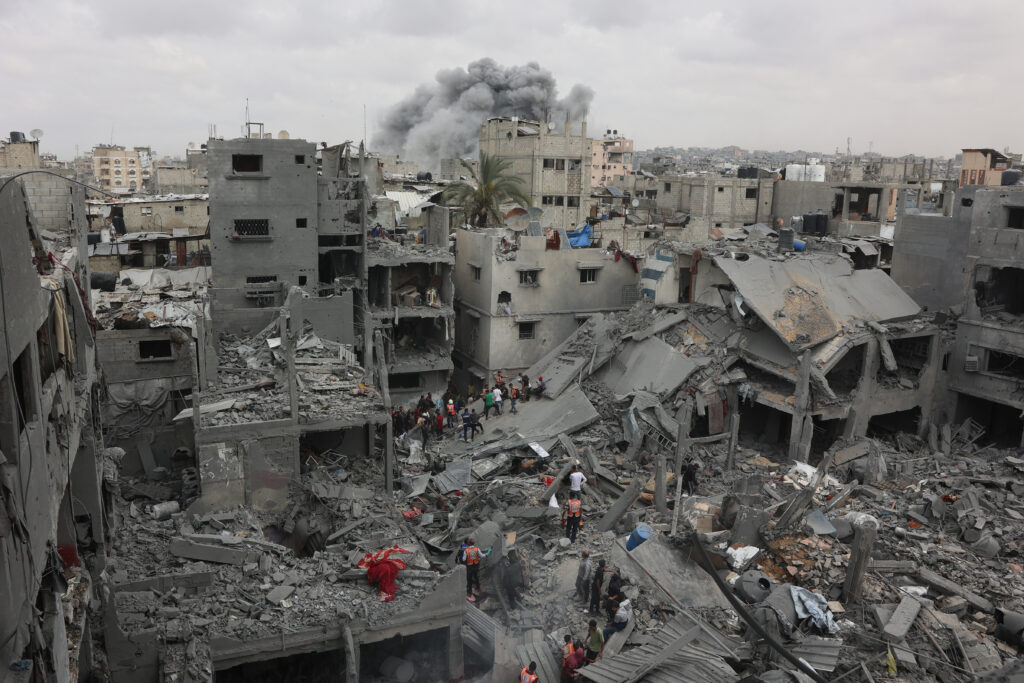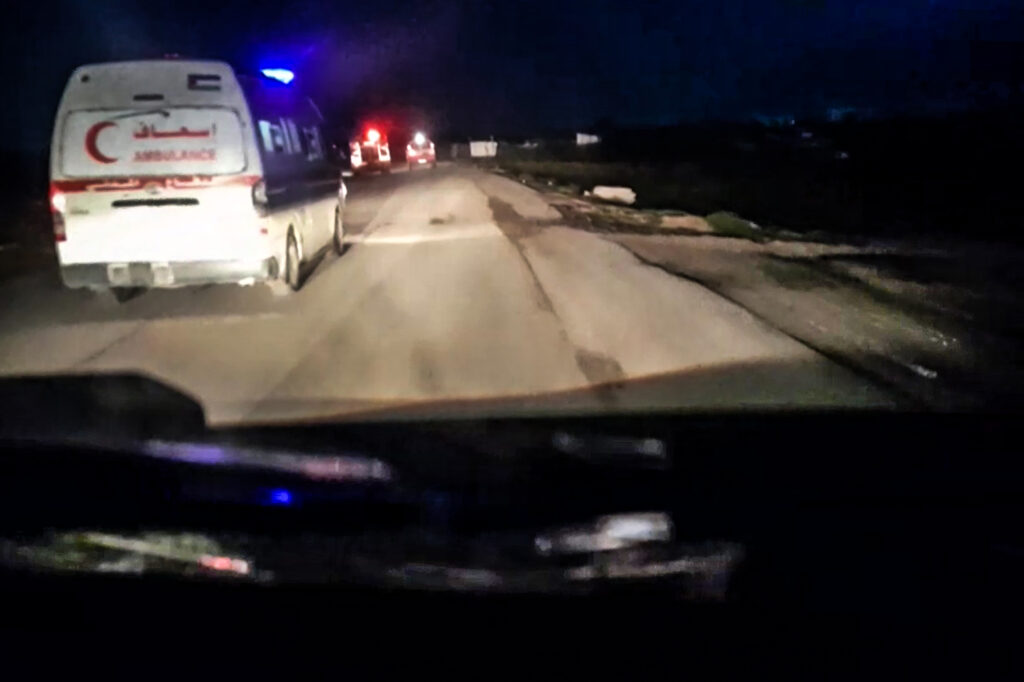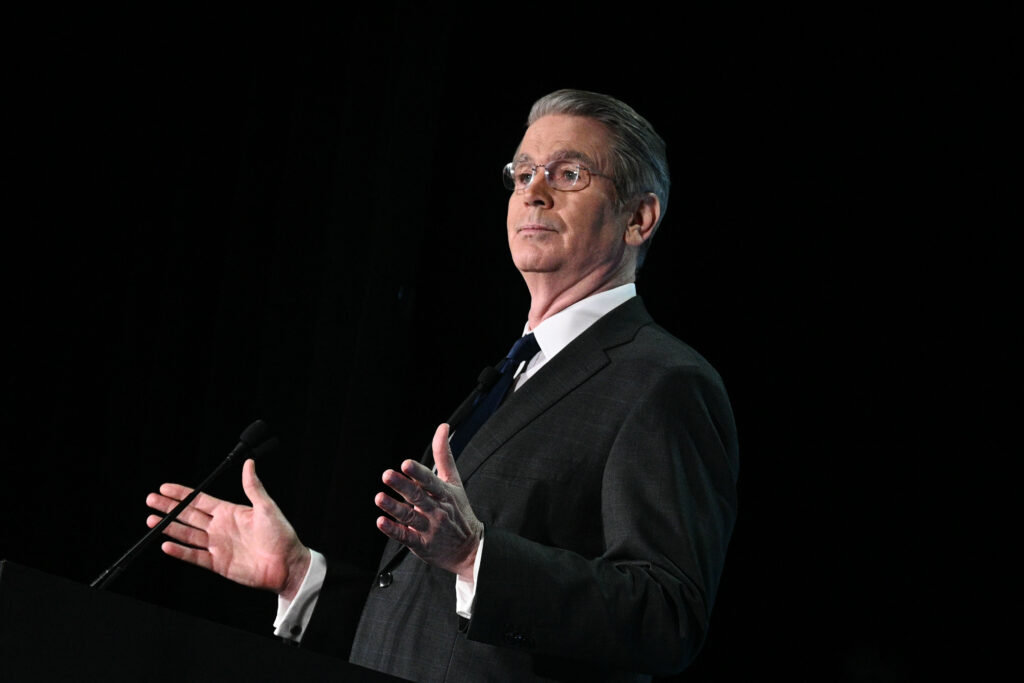Gaza medic Mundhir Abed feared for his life as Israeli forces opened fire on a convoy of rescuers near Rafah last month, killing 15 of his colleagues in a brazen assault.Abed, 45, was the only survivor of the attack on March 23, in which medics from the Palestine Red Crescent Society and Gaza’s civil defence agency were gunned down as they responded to urgent calls for help following an Israeli air strike. “I was terrified they would kill me,” Abed, a medic from the Palestine Red Crescent Society, told AFP. He had been in the first ambulance sent to the area after distress calls came in from residents. What followed, he said, was a sudden and violent ambush.Still visibly shaken, Abed recalled being with driver Mustafa al-Khawaja and paramedic Ezzedine Shaat — both now dead — as their ambulance, sirens blaring and lights flashing, drove toward the strike site.”As soon as we reached the area, sudden and heavy gunfire from Israeli soldiers directly hit the vehicle,” he said.”I dropped to the floor in the back of the vehicle to shield myself. Then I heard no more sounds from my colleagues — only the rattle of death.”Abed said he panicked as the gunfire continued and was unable to use his phone. Then, he said, he heard voices speaking Hebrew.”The vehicle door was opened, and there were armed Israeli special forces in full military gear. They pulled me out of the vehicle,” Abed said.- Stripped, beaten -“They forced me to the ground, face down, stripped me completely, interrogated me, and beat me with their weapons on my back, chest and feet.”He said he caught a glimpse of fellow paramedic Asaad al-Mansoura.”He was stripped of his clothes, kneeling, blindfolded,” Abed said. “After that I didn’t see him again and I don’t know his fate.”Mansoura remains missing.The incident has sparked international condemnation and renewed scrutiny over the risks facing aid workers in Gaza, where war has raged since Hamas’s October 7, 2023 attack on Israel triggered an Israeli military campaign.A military official told journalists that troops were firing at “terrorists”.Two hours after the initial attack, the Israeli military said its forces received a report about a convoy “moving in the dark in a suspicious way towards them” without headlights, prompting further fire from a distance.”They thought they had an encounter with terrorists,” the official said.But the Red Crescent released mobile phone footage recovered from one of the slain medics that appeared to contradict the army’s initial account. The video shows ambulances moving with headlights and emergency lights clearly switched on.Abed said that when a second team from Gaza’s civil defence arrived to assist after the initial strike, they too came under fire.After collecting his personal information, he said Israeli soldiers ordered him to assist them.- ‘Intent to kill’ -“One of them untied my hands, gave me a vest and a pair of pants, and ordered me to help them,” he recounted.He was taken to a group of displaced civilians nearby.”I saw Israeli tanks surrounding the area, and quadcopter drones flying overhead. The bombing was terrifying,” he said.Soldiers ordered him to calm the civilians and separate them — men on one side, women and children on the other.Muhammad al-Mughayyir, head of logistics at the Gaza civil defence agency, said his team had rushed to the scene after receiving a distress call from Red Crescent staff whose vehicle had been struck.Within 15 minutes, the civil defence agency lost contact with its own team.It wasn’t until March 27 that the first body, of Anwar al-Attar who led the civil defence unit, was found. Search crews recovered the remaining bodies three days later. Some had been handcuffed and buried in the sand, according to the Red Crescent.Red Crescent President Younis al-Khatib on Monday called for an international investigation, saying that the entire team “had been shot in the upper body with intent to kill”.Israel’s army chief, Lieutenant General Eyal Zamir, has ordered an internal inquiry, the military said.But whatever the outcome, Abed says he will never forget what he lived through.”It’s a day I’ll never forget because of the torment I witnessed and lived through,” he said.
